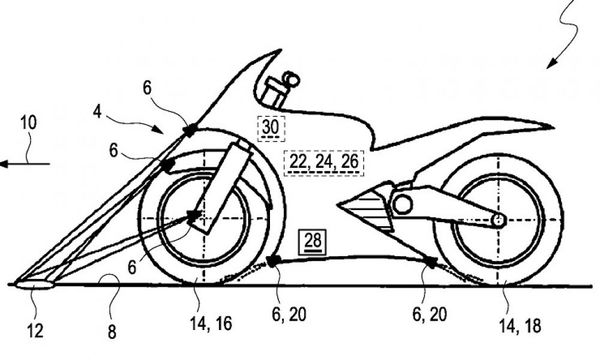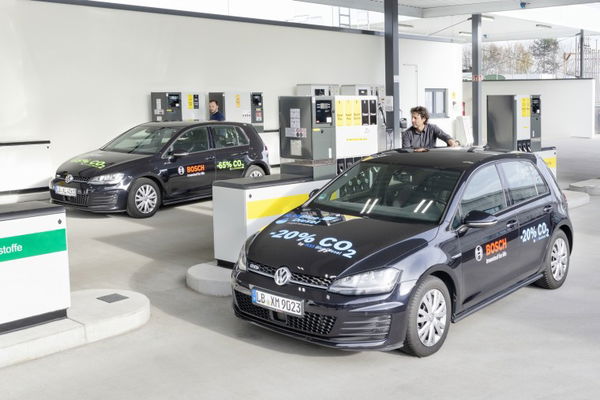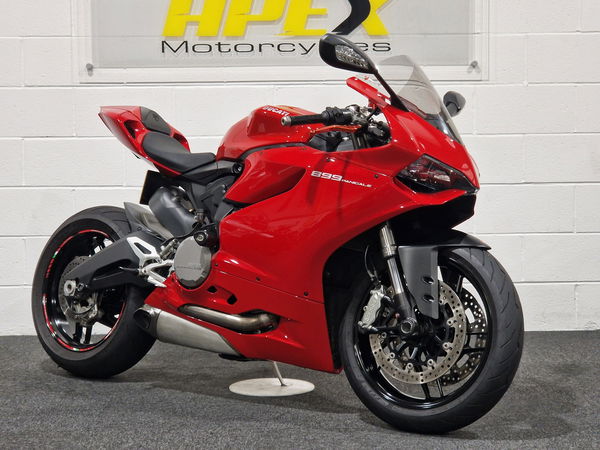After Adaptive Cruise Control, BMW is now working on Adaptive Traction Control
BMW is working on a system to enable traction control to kick in before a potential accident - rather than during - in order to stop it from happening

It is reasonable to say that today - in 2021 - the motor industry has been (surprisingly) open in welcoming new tech that removes an increasing number of ‘chores’ away from a driver in favour of a more reliable (but characterless) computer.
Motorcyclists on the other hand… let’s just say the red carpet to some innovations remains very much furled in its packaging.
Whether they are powered by hydrogen, prove quicker off the line yet kinder to the environment and in some cases ditch the driver all together to let a computer do all the work, it is fair to say motorcyclists would rather things remained a little more provincial in comparison.
As an example, the launch of the Ducati Multistrada V4 last year heralded the first mass-market use of Adaptive Cruise Control. Taking more than two years to develop, it is considered by many industry insiders as the one of the biggest advancements in rider safety for a generation.
So it surprised us to discover the reaction among you guys has been less effusive, pointing out it sets a precedent for taking away a rider’s sensibilities on the road, which could raise risk because a rider isn’t concentrating enough on the controls of his vehicle. After all, those Auto-Pilot Tesla crashes have largely not been a coincidence.
Which is why we are curious to get your take on the next step in radar technology with patents revealing BMW is developing a traction control that will be able to predict the road conditions ahead and adjust the grip accordingly, rather than trying to stop an accident already in full swing.
In order to do this, cameras have been developed to get a full view of the road ahead in order to predict the conditions. That information is then fed to its ‘brain’, allowing the tractional control, brakes and engine to react if they have to accordingly.
While traction control certainly isn’t a new advent in motorcycling terms, it is - by design - a reactive piece of technology. After all, chances are if the TC is kicking in, it is because things are already going south.
As such, BMW is working on a way to make the traction control a more precautionary tool that intervenes before you are even aware you could be about to have an accident on a wet patch around the upcoming corner.
However, while no-one will claim to suggesting we have done enough with safety in motorcycling, this is technology that BMW will need to get very right if it is not to turn away its customers.
After all, traction control is designed to be cautious but this is both a blessing and curse in that it makes its presence to a degree of being a hindrance. We’re pleased traction control is there to save us when we run out of talent, but we’d rather the motorcycle didn’t become the talent that could ride itself better than it can be ridden. * flashbacks to iRobot *











